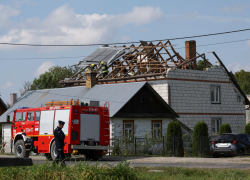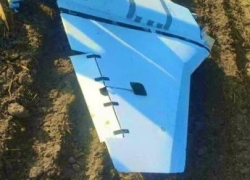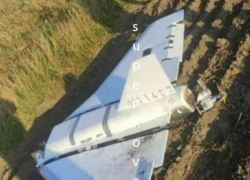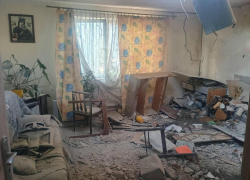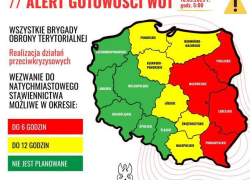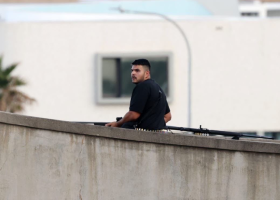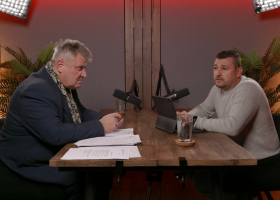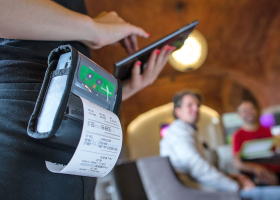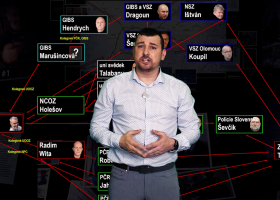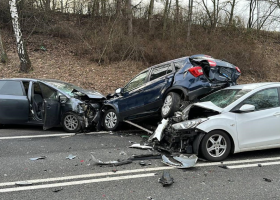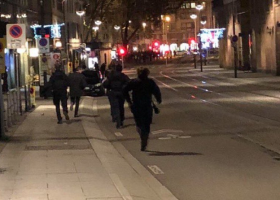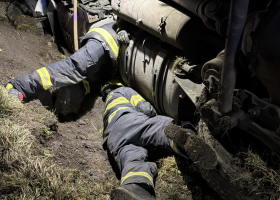-
NATO activated Article 4. Russia says that an attack on Poland was not planned.
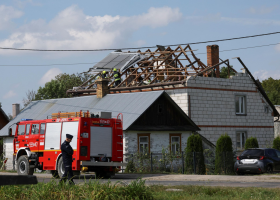
The country's prime minister emphasized that Poland has clear evidence of the passage of Russian aircraft. "This is not just about protecting Poland's borders, but about defending the entire alliance. NATO unity cannot be tested," he declared. The NATO Secretary General has therefore convened an extraordinary meeting of allies, at which a decision will be made on further steps – from strengthening defenses on the eastern border to diplomatic measures toward Moscow.
What the activation of Article 4 means
Article 4 of the North Atlantic Treaty is a preventive security mechanism. It is not yet a declaration of armed response nor an automatic engagement of the entire alliance in a conflict. A state that feels threatened has the option to ask its allies for consultations. They will then jointly assess the situation and propose possible measures – these may include strengthening military forces in the area, increasing reconnaissance, coordinating defense, or diplomatic steps and warnings.
Article 4 therefore functions as a political and military signal: if activated, the alliance publicly declares that it perceives the situation as a security threat to all its members. For an ordinary citizen, this means that their country is officially relying on the support of its allies, but it does not mean NATO is immediately entering a war.
Reaction from Moscow
The Russian Ministry of Defense called the reports from Warsaw a "provocation" and claims that the drones operated only over Ukrainian territory. "Spreading such disinformation has a single aim – to provoke tension in the region," the statement says. Moscow views Poland's activation of Article 4 as a politically motivated move. It was definitely not planned to attack Poland.
Public reaction
In the border areas people express great concern. "It's terrifying; our children don't sleep when they hear military aircraft overhead. We want to be sure that NATO will actually protect us," said a resident of a small village in the Podlaskie Voivodeship.
On the other hand, part of the public supports the government's move. "If the alliance does not show strength now, when will it? Poland must send a clear message that NATO's borders will not be crossed," declared a young man from Warsaw.
Political opposition
Reactions from opposition politicians are mixed. Some supported the activation of Article 4 as a responsible step to ensure the country's security, but others warn that the government is using the situation for its political agenda. Critics say Poland should focus more on a diplomatic solution and avoid steps that could increase the risk of direct confrontation with Russia.
Next steps
The consultations within NATO are meant to show how firmly the alliance stands behind Poland and whether it sees a broader threat in the repeated incidents involving stray drones. Some states are inclined to strengthen the military presence on the alliance's eastern flank, while others fear that too strong a response could lead to even greater escalation. What is certain, however, is that the current incident has once again shown how fragile the security situation in Central and Eastern Europe is.


